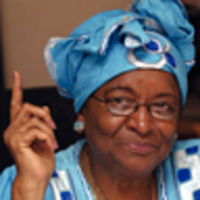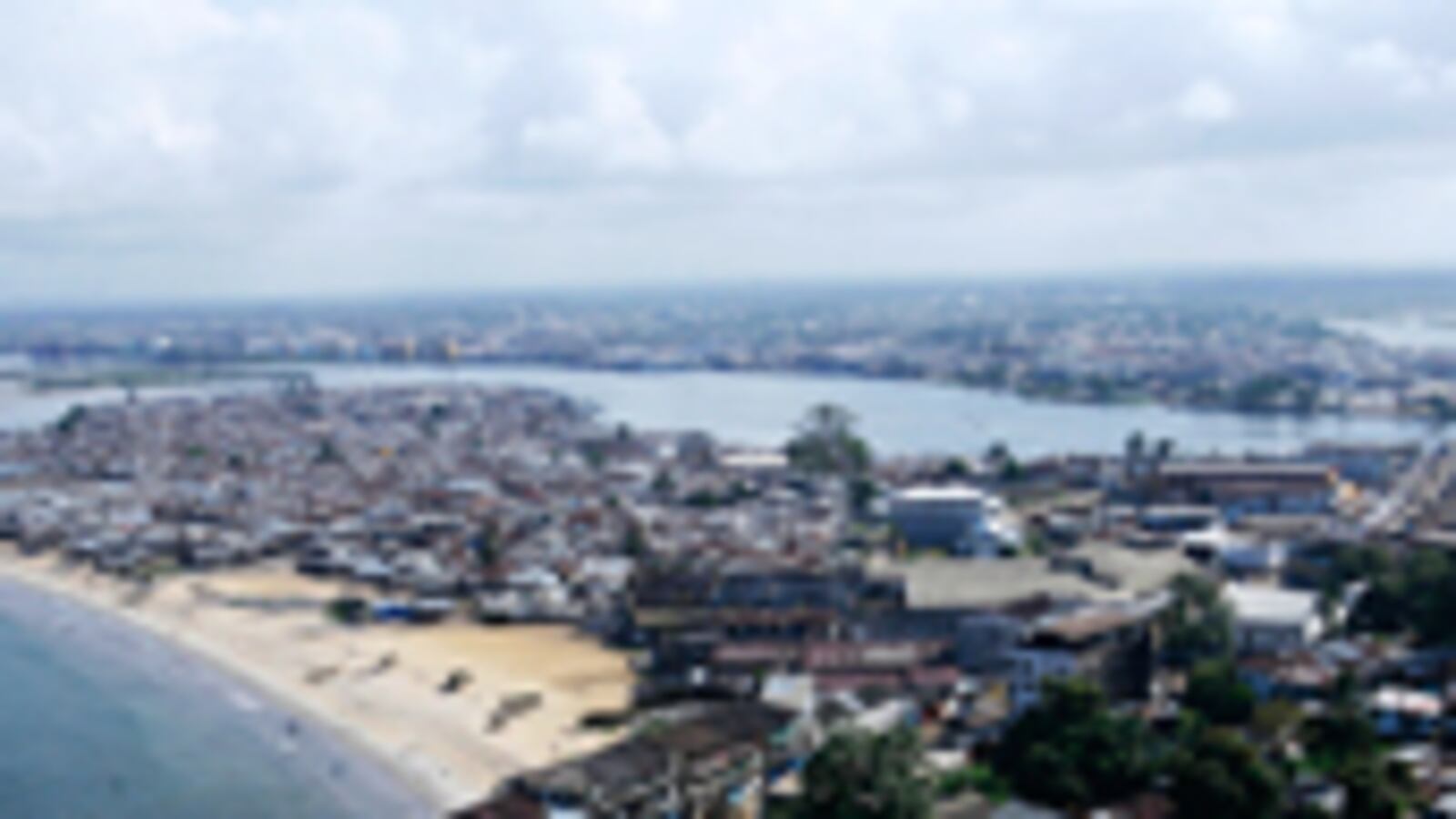
If asked to describe my homeland in a sentence, I might say something like this: Liberia is a wonderful, beautiful, mixed-up country struggling mightily to find itself.
The first inhabitants of the region now known as Liberia may have been Jinna, or pygmies, according to the Liberian historian Abayomi Karnga. Soon came the Gola, whom many historians believe to be the first traveling settlers of the land. Gola legend has it that the tribe left Central Africa and moved toward the coast in search of land. Ruthless fighters, they went through and not around the tribes in their path. The Gola and the Kissi belong to the Mel (West Atlantic) ethnolinguistic group.
The Mande linguistic group…is believed to have entered the area from the northern savannas in the 15th century. The third major group, the Kwa linguistic group…was found mostly in the southern and eastern parts of Liberia.
All of these groups were living in the land when the final group of settlers began to arrive. These were the Americo-Liberians.

As early as the 1700s, the idea of sending New World slaves “back” to Africa rose in the hearts and minds of British abolitionists, who saw, in the establishment of a colony for former slaves, a means of ending the slave trade—and, eventually, slavery itself.
During the American Revolutionary War, African slaves in the American colonies were promised freedom if they sided with the British. Many did, fighting valiantly. When the war ended, several hundred of these fighters gathered their families and fled the country with the departing British troops. After some wandering, they were settled, with British backing, along the coast of West Africa in what is now the country of Sierra Leone. Although most of those first, early settlers perished of malaria and yellow fever, subsequent attempts at settlement took firmer hold. The first of these was established in 1792. The settlers called their new city Freetown.
Meanwhile, a similar conversation was taking place across the pond in the newly born United States of America. Paul Cuffee was the freeborn son of a former slave father and a Native American mother… In 1816, at his own expense but with the backing of the British government and some members of the U.S. Congress, Captain Cuffee took 38 American blacks to Freetown and settled them there. He intended to make this voyage an annual affair, but his untimely death in 1817 put an end to the plans.
Still, Cuffee had reached a large audience with his procolonization arguments. Not all supporters of the idea, however, had arrived at their destination from the same starting point.
Some abolitionists took up the cry as part of their attack on slavery, while some religious adherents thought the idea an excellent means of spreading Christianity to “the dark continent.” Some white Americans, considering themselves pragmatists, thought black people would simply be happier and fare better in Africa, where they could live free of the racial discrimination that gripped America. Others simply wanted to rid the new country of all black people as soon as possible.
In this last group stood the statesman Thomas Jefferson… Jefferson advocated gradually emancipating all slaves and shipping them to Africa, along with free blacks and possibly those of mixed heritage. Jefferson…was, of course, a slave owner himself. He considered black people inferior to whites and warned that their continuing presence was a threat to the young nation he had helped to found. They could not simply be freed and allowed to remain in the United States, Jefferson warned. They had to go.
This, then, was the backdrop against which the American Colonization Society was founded in 1816 in Washington, D.C. Among the founders were many prominent early American leaders, including Daniel Webster, Francis Scott Key, Henry Clay, and Bushrod Washington, an associate justice of the Supreme Court and the nephew of George Washington himself (and after whom Bushrod Island in Monrovia is named).
The society began raising funds to establish a colony in Africa. Four years later, in January of 1820, the ship Elizabeth set sail from New York. On board were 86 free American blacks from New York, Philadelphia, Washington, and Virginia—more than half of them women and children—along with three agents of the ACS. It took six weeks to cross the Atlantic, and the eager immigrants landed first on Sherbo Island off the coast of present-day Sierra Leone, intending to use the spot as a stopping ground while they searched for permanent accommodations on the nearby mainland.
But disease and fever laid waste to much of the group; by May 1820, all three agents and nearly a quarter of the would-be settlers were dead. Those who survived fled to Freetown to recover and repair.
A year later, the society sent a new agent, Dr. Eli Ayres, to explore the coast and negotiate with local Dey and Bassa chiefs for suitable land for a settlement. Under the direction of President James Monroe, Dr. Ayres enlisted the help of Lieutenant Robert Stockton, captain of the USS Alligator, a naval ship patrolling the West African coastline in cooperation with His Majesty’s Navy’s slave-trading blockade.
Together Ayres and Stockton settled their sights on a slip of land 200 or so miles south of Freetown known as Cape Montserado, or Mesurado. Agents of the ACS had previously tried to buy this very land, but the local Bassa chief, King Peter, had declined to sell.
This time, however, Stockton declined to take no for an answer. When King Peter again seemed reluctant to sell, Stockton persuaded him with a pistol to the head. Thus, in December 1821, the ACS gained a toehold in Africa in exchange for some $300 worth of goods, including muskets, gunpowder, nails, beads, tobacco, shoes, soap, and rum. Stockton also promised that the new immigrants would not interfere with the thriving local slave trade.
Soon afterward, the surviving settlers from the Elizabeth, replenished by a fresh ship full of immigrants, took possession of the land. They gave thanks, dubbing their new home Providence Island, and then moved immediately to secure the adjacent mainland. There the first permanent settlement, originally called Christopolis, was carved from the thick forest. In 1824, the settlement’s name was changed to Monrovia, in honor of U.S. President (and ACS member) James Monroe, and the colony as a whole became the Commonwealth of Liberia.
But the colony, being neither a sovereign nation nor a bona fide colony of a sovereign government (the United States refused to formally designate it as such) faced ever-increasing political threats from foreign governments, especially Britain. So on July 26, 1847, the country declared independence in a document that referenced the oppression of African Americans in the United States and stated that such persons were being driven to make new lives for themselves in Africa.
And so Liberia was born.
Excerpted from T his Child Will Be Great: Memoir of a Remarkable Life by Afirca’s First Woman President by Ellen Johnson Sirleaf © 2009. With permission from the publisher, Harper.
Prior to becoming president of Liberia, Ellen Johnson Sirleaf was head of the Governance Reform Commission of Liberia, deputy director of the United Nations Development Program, and an economist at the World Bank. She was the first chairwoman of the Open Society Initiative for West Africa and the first female finance minister of Liberia. She lives in Monrovia, Liberia.





